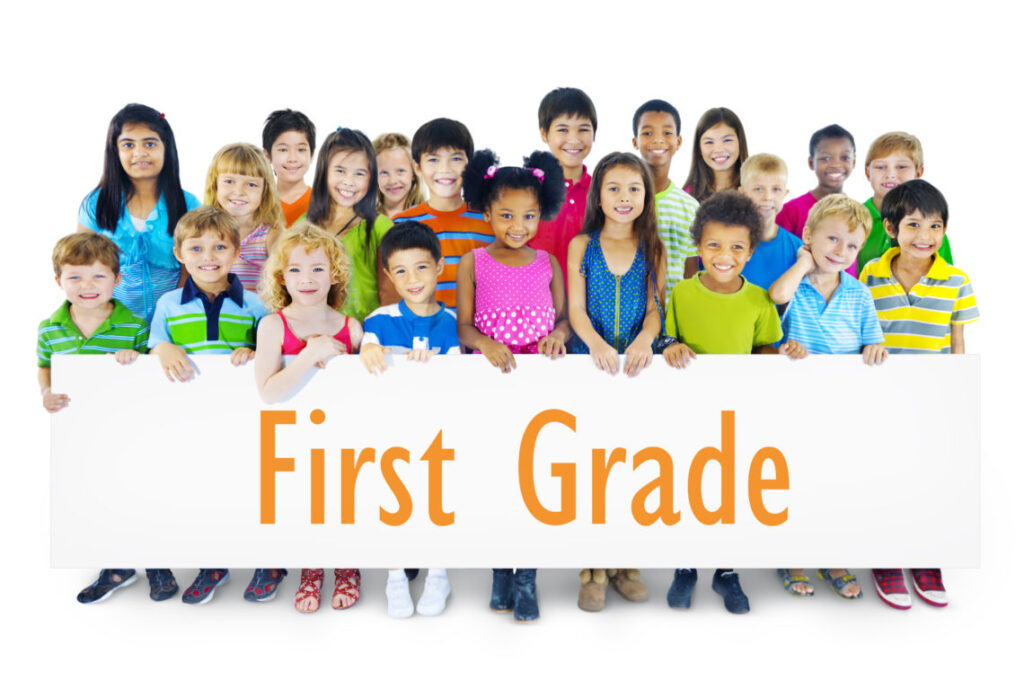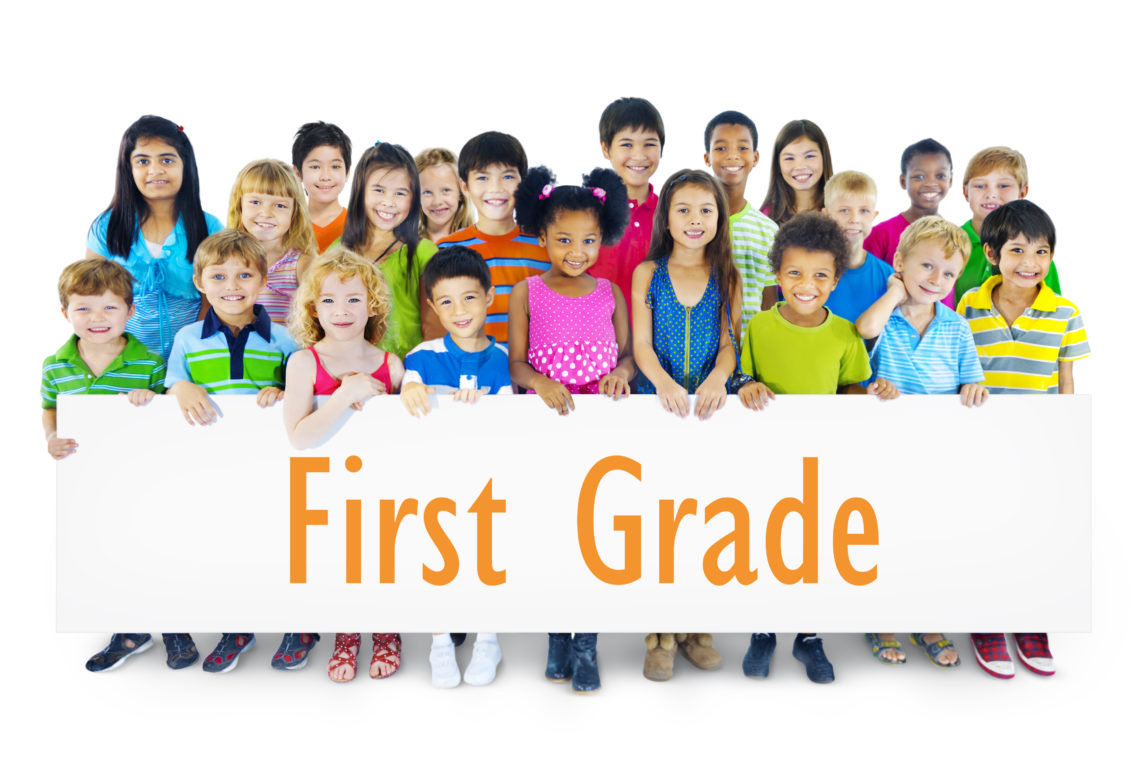
What Do Kids Learn in 1st Grade: A Comprehensive Guide for Parents
First grade marks a significant milestone in a child’s educational journey. It’s a year of tremendous growth, where foundational skills are solidified, and new concepts are introduced across various subjects. As parents, understanding what do kids learn in 1st grade can help you support their learning both inside and outside the classroom. This article provides a comprehensive overview of the key academic and social-emotional skills children typically develop during this crucial year.
Literacy Development in First Grade
Reading and writing skills take center stage in first grade. The focus shifts from basic letter recognition to decoding words and comprehending simple texts. Here’s a closer look at literacy development:
Reading Comprehension
First graders learn to read more complex sentences and short stories. They are introduced to strategies for understanding what they read, such as:
- Identifying the main idea and supporting details
- Making predictions about what will happen next
- Understanding character motivations and feelings
- Retelling stories in their own words
Teachers often use guided reading sessions to work with small groups of students, providing targeted instruction based on their individual reading levels. [See also: Reading Comprehension Strategies for Elementary Students]
Phonics and Decoding
Building on kindergarten skills, first graders delve deeper into phonics. They learn to decode words by understanding the relationship between letters and sounds. Key phonics concepts include:
- Consonant blends (e.g., bl, st, fr)
- Digraphs (e.g., sh, ch, th)
- Vowel teams (e.g., ai, ea, oa)
- Silent E rule
Through practice and repetition, children become more fluent readers, able to decode words quickly and accurately.
Writing Skills
Writing in first grade focuses on developing clear and coherent sentences. Students learn to:
- Write simple narratives with a beginning, middle, and end
- Express their ideas and opinions in writing
- Use proper capitalization and punctuation
- Write different types of texts, such as stories, letters, and reports
Spelling is also emphasized, with students learning to spell common words and apply phonics rules to spell unfamiliar words.
Mathematics in First Grade
First-grade math builds upon counting and number recognition skills learned in kindergarten. Students begin to understand more complex mathematical concepts. Understanding what do kids learn in 1st grade mathematically is crucial for future success.
Number Sense and Operations
First graders develop a strong understanding of numbers up to 100 and beyond. They learn to:
- Count, read, and write numbers
- Compare numbers using greater than, less than, and equal to symbols
- Understand place value (tens and ones)
- Add and subtract within 20
- Solve simple word problems involving addition and subtraction
Manipulatives, such as counters and number lines, are often used to help students visualize and understand mathematical concepts. [See also: Fun Math Games for First Graders]
Geometry and Measurement
First graders are introduced to basic geometric shapes and measurement concepts. They learn to:
- Identify and describe two-dimensional shapes (e.g., squares, circles, triangles)
- Identify and describe three-dimensional shapes (e.g., cubes, cones, spheres)
- Measure length using non-standard units (e.g., paper clips, blocks)
- Tell time to the hour and half-hour
Science in First Grade
Science in first grade is often hands-on and inquiry-based, encouraging students to explore the world around them. The curriculum typically covers topics such as:
Life Science
- Plant life cycles
- Animal characteristics and habitats
- Human body parts and functions
Physical Science
- Properties of matter (e.g., solid, liquid, gas)
- Motion and forces
- Light and sound
Earth Science
- Weather patterns
- Seasons
- Rocks and minerals
Experiments and observations are used to help students develop scientific thinking skills. Knowing what do kids learn in 1st grade in science helps parents foster curiosity.
Social Studies in First Grade
Social studies in first grade focuses on developing an understanding of themselves and their community. Topics often include:
- Family and community roles
- Rules and laws
- Maps and globes
- Historical figures and events
- Different cultures and customs
Students learn about citizenship and the importance of being a responsible member of society. Understanding what do kids learn in 1st grade socially prepares them for future civic engagement.
Social-Emotional Learning in First Grade
In addition to academic skills, first grade is also a time for developing important social-emotional skills. This includes:
- Self-awareness (understanding their own emotions and strengths)
- Self-management (managing their emotions and behaviors)
- Social awareness (understanding the perspectives of others)
- Relationship skills (building and maintaining positive relationships)
- Responsible decision-making (making ethical and constructive choices)
Teachers often use strategies such as classroom meetings, role-playing, and cooperative learning activities to promote social-emotional development. Knowing what do kids learn in 1st grade emotionally is as important as academic learning.
Supporting Your Child’s Learning in First Grade
As a parent, there are many ways you can support your child’s learning in first grade:
- Read with your child every day
- Help your child with homework assignments
- Communicate regularly with your child’s teacher
- Provide a supportive and encouraging learning environment
- Encourage your child’s curiosity and exploration
- Make learning fun and engaging
Understanding what do kids learn in 1st grade and actively participating in their education can make a significant difference in their academic and social-emotional development. First grade is a foundational year, and the skills learned will set the stage for future success. By working together, parents and teachers can help children thrive during this exciting stage of their lives. Remember that what do kids learn in 1st grade is a building block for their future education. It’s important to know what do kids learn in 1st grade to provide the best support. By understanding what do kids learn in 1st grade, you can tailor your support to their individual needs. Supporting what do kids learn in 1st grade at home reinforces classroom learning. It’s beneficial to know what do kids learn in 1st grade to address any learning gaps. Parents can reinforce what do kids learn in 1st grade through fun activities. The knowledge of what do kids learn in 1st grade empowers parents to be active participants. Consider how what do kids learn in 1st grade impacts their long-term academic journey. Understanding what do kids learn in 1st grade helps in identifying areas needing extra attention. You can supplement what do kids learn in 1st grade with educational resources. Knowing what do kids learn in 1st grade allows for targeted support and encouragement. Let’s celebrate what do kids learn in 1st grade as a significant milestone!

